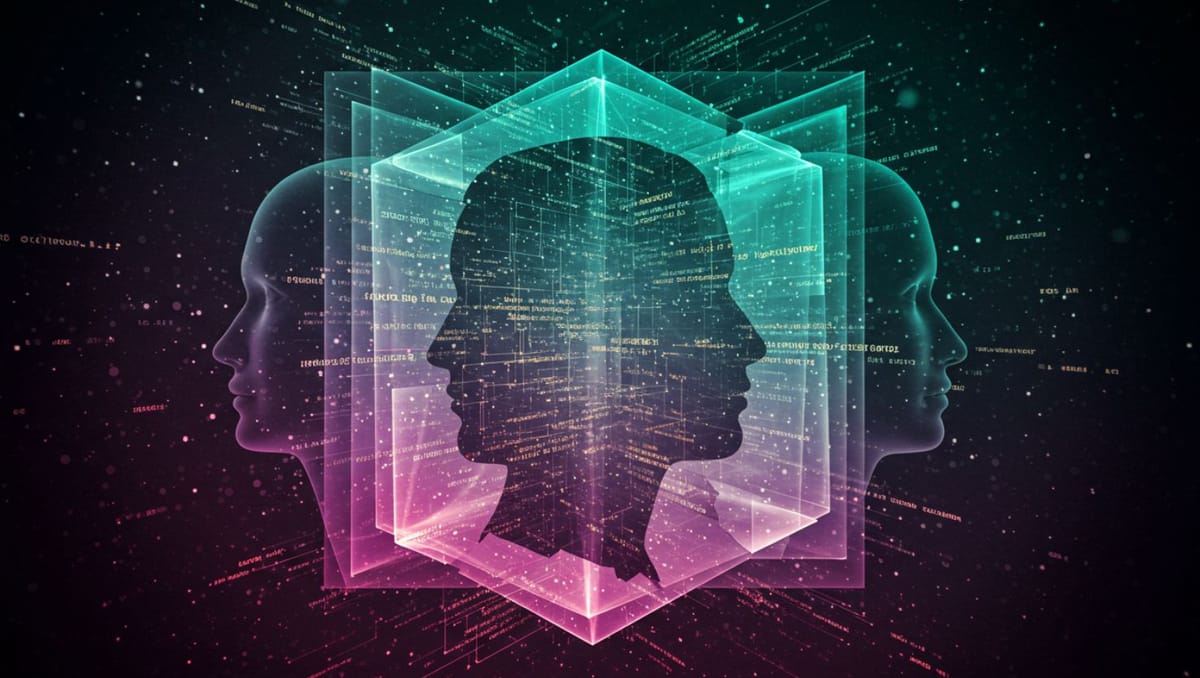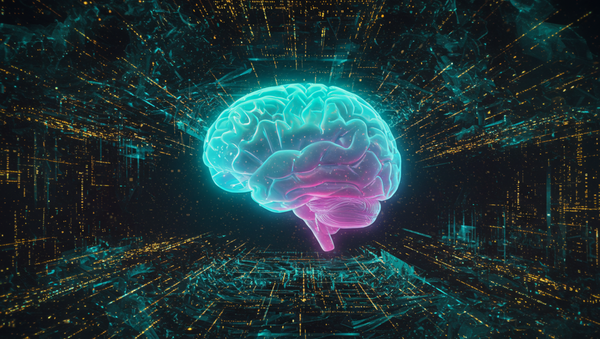AI-Powered Cheating: How Students Are Outsmarting Plagiarism Software

Students are actively using AI systems to rewrite academic content specifically to evade plagiarism detection software, according to a groundbreaking study of actual student behavior with AI tools.
End of Miles reports that the practice is just one of several concerning patterns revealed in Anthropic's first large-scale Education Report analyzing one million anonymized conversations between university students and the company's Claude AI assistant.
Digital Cheating Evolves
The analysis identified multiple concerning examples of students seeking AI assistance to circumvent academic integrity measures, including specific requests to "rewrite marketing and business texts to avoid plagiarism detection" — a clear indication that some students are deliberately using AI to mask unoriginal work.
"We did find concerning Direct conversation examples including: provide answers to machine learning multiple-choice questions, provide direct answers to English language test questions, rewrite marketing and business texts to avoid plagiarism detection." Anthropic Education Report
The researchers found that nearly half (approximately 47%) of student-AI conversations were classified as "Direct" — seeking answers or content with minimal engagement. While many of these serve legitimate learning purposes, the report explicitly flags their potential for academic dishonesty.
Beyond Copy-Paste Cheating
The report reveals that academic dishonesty is evolving beyond simple copy-paste methods as AI tools become more sophisticated. Even collaborative conversations with AI can raise integrity questions, as the research team points out.
"Even Collaborative conversations can have questionable learning outcomes. For example, 'solve probability and statistics homework problems with explanations,' might involve multiple conversational turns between AI and student, but still offloads significant thinking to the AI." Anthropic Education Report
This evolution in cheating methods presents new challenges for educators already struggling to adapt assessment methods for the AI era. The study's findings suggest that current plagiarism detection tools may be increasingly insufficient against AI-assisted academic dishonesty.
The Higher-Order Thinking Problem
Perhaps most concerning for educators, the study found that students are primarily delegating higher-order cognitive functions to AI systems. The technology is most commonly performing Creating (39.8%) and Analyzing (30.2%) functions — precisely the advanced cognitive skills that educational systems aim to develop in students.
The Anthropic team raises pointed questions about this delegation of complex thinking.
"As students delegate higher-order cognitive tasks to AI systems, fundamental questions arise: How do we ensure students still develop foundational cognitive and meta-cognitive skills? How do we redefine assessment and cheating policies in an AI-enabled world?" Anthropic Education Report
A Widespread Challenge
The report's findings are particularly notable for being based on real-world student behavior rather than controlled experiments or surveys. The analysis captured interactions across various academic disciplines, with Computer Science students showing the highest adoption rates of AI tools.
In response to these findings, Anthropic has begun experimenting with a "Learning Mode" that emphasizes Socratic teaching methods over direct answers. However, the researchers acknowledge that no single approach can fully address the profound educational challenges AI presents.
As the report concludes, these developments may ultimately require a fundamental rethinking of educational practices: "What does meaningful learning look like if AI systems can near-instantly generate polished essays, or rapidly solve complex problems that would take a person many hours of work?"





